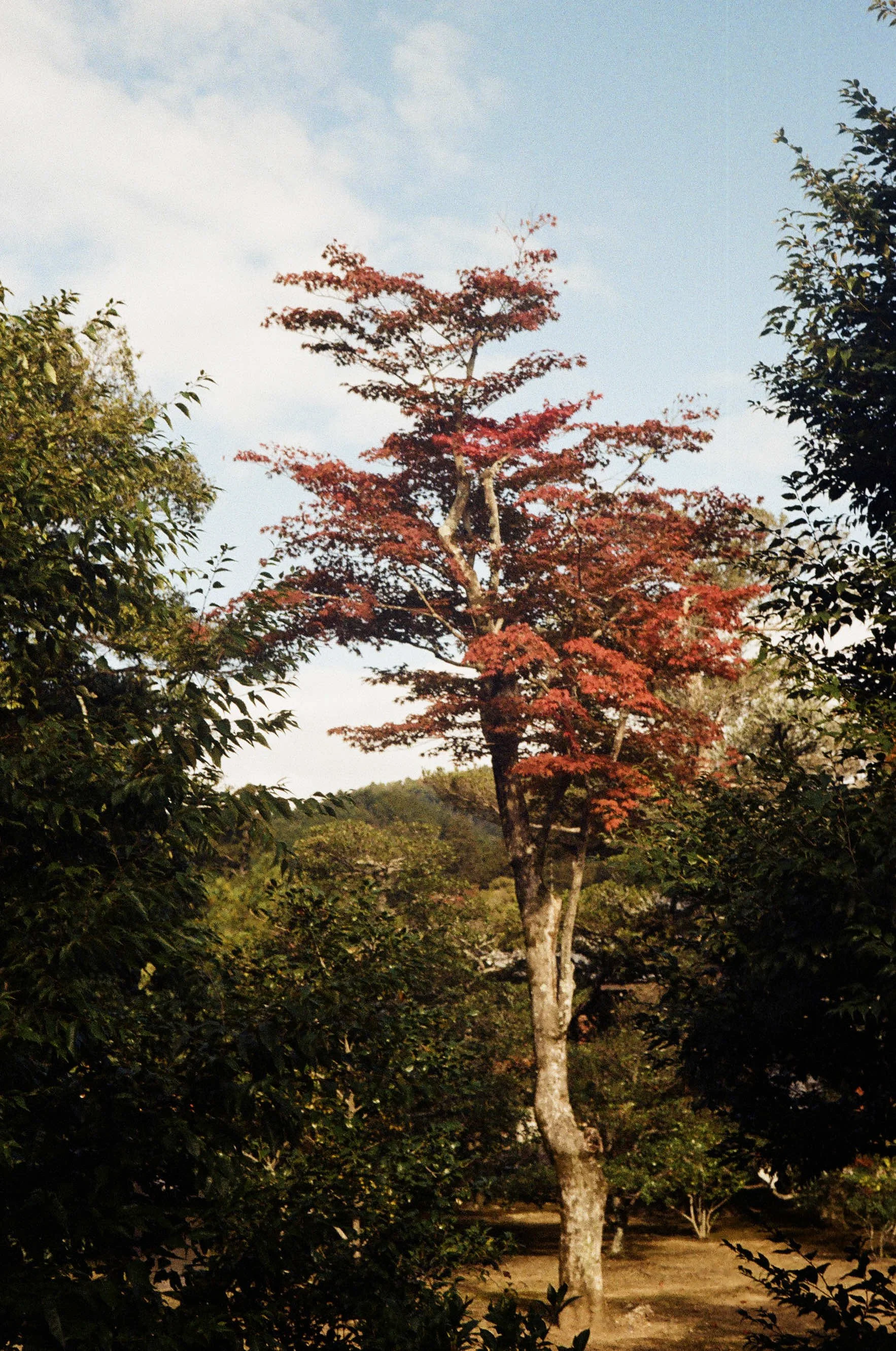The series is about how cultural and traditional factors influence our reactions to things, especially when it comes to politics.
We often hear think many Asian countries, including China, tend to remain silent or avoid open political discussions. While political control is part of this, I believe there are more reasons behind this collective silence:
which to me comes to tradition, education, and historical context.
My first series will focus on the influence of Confucianism, Buddhism, and Taoism, which all encourage us to let go, laugh, go with the flow, and be unaffected by outside influences. These philosophies often promote peace, balance, and harmony rather than confrontation.
These ideas have had a profound effect on the way we think; the one key idea in Confucianism is the “Zhong Yong” or “Doctrine of the Mean,” which is an idea that balance and moderation are emphasized. It implies that one should avoid extremes and maintain a neutral and peaceful attitude. It does not mean mediocrity but suggests finding a reasonable balance in life, not rushing, staying who you are, and be patient, neither pursuing nor giving up too much.
while the Taoist principle of Wu Wei. mainly emphasizes the lifestyle of following nature and pursuing the unity of man and nature. This refers to the principle of “not forcing, not interfering”, and advocates a way of life that is natural.
This philosophy teaches us to avoid extremes, remain neutral, and always seek a balanced lifestyle.
However, many people have begun to see these traditions as outdated and even problematic. Over the years, these ideas have been widely misinterpreted as they spread across generations. It makes a lot of people this our big idea in the tradition is to be nobody and do nothing. which leads us to the second part of this project: education and childhood.
We grew up in a culture rooted in collectivism, with a long history of prioritizing the collective over the individual. From an early age, we are taught to respect authority, obey our elders, and put the needs of others above our own.
These lessons are often seen as good manners and ethical behavior. So when you are in this system, all the traditions teach you not to be a special child. Don't be a troublemaker; I think this has become a social phenomenon for a long time, and people are often reluctant to speak out.
Over time, it becomes not just a personal choice but a cultural habit. A social expectation. Eventually, it becomes a collective silence to which we don't care anymore, really.










